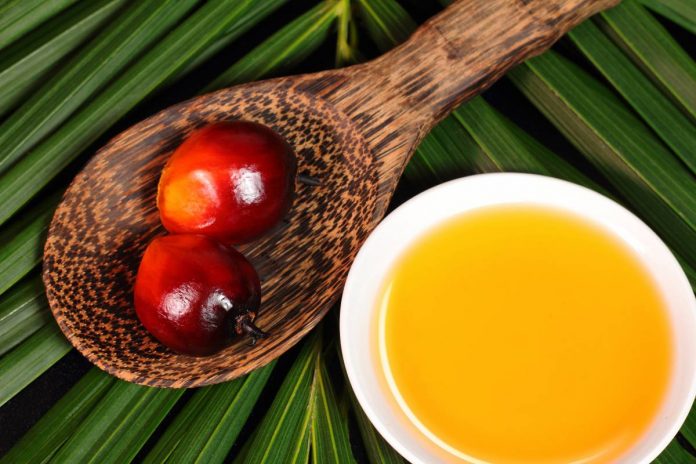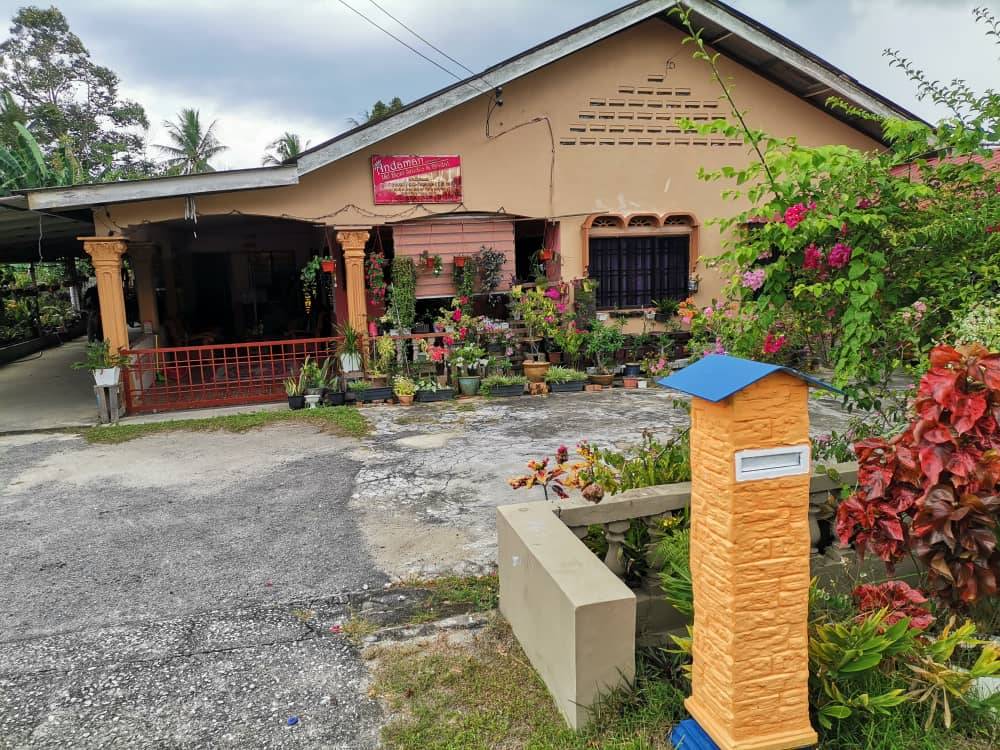
Most of us are familiar with the small farmers who sell their wholesome fruits, vegetables, honey, and other natural products at neighborhood farmers' markets. They typically farm only a few acres of land, and many practice sustainable farming to keep their crops and soil healthy.
Now consider life for small farmers in Malaysia, which is the world’s second-largest exporter of palm oil. A large percentage of the country’s oil palm farms are just 5 to 20 acres, owned and managed by family farmers. And as with many of America’s family farmers, Malaysian oil palm farmers have used sustainable agricultural practices for more than 100 years.
But can you imagine buying tomatoes or squash from a community farmer whose crops are considered vital to global food security? The small oil palm farmers in Malaysia are doing just that. Their practices enable you and me to source certified sustainable products outside of our local communities.
Of the major oil crops, oil palm occupies the least land but produces the most oil. A single acre of oil palm produces 11 times more oil than soybeans and 10 times more than sunflower. And oil palm trees keep producing fruit for 25 to 35 years!
Read more about healthy and unhealthy oils
In Malaysia, there are strict laws against clearing forests to create more farmlands. Farmers can’t just buy bigger fields to increase their income. So, they must focus on making their crops and land as healthy and efficient as possible. They follow Good Agricultural Practices (GAP). This means optimum use of natural resources and following eco-friendly practices and strict food- and worker-safety standards.

Here are more interesting facts about how Malaysian oil palm farmers avoid putting stress on our planet:
- All palm oil is non-GMO.
- Barn owls act as eco-friendly rodent control.
- Farmers use Integrated Pest Management (IPM) to minimize the use of pesticides, by depending more on biological control of weeds and pests.
- Once the old palms stop producing fruit, they are pushed over, shredded and left to decompose in the warm sun so their nutrients are returned to the soil. This also reduces the need for inorganic fertilizers. Some wood is recycled as furniture.
- It’s illegal to hunt wildlife in Malaysia whereas wildlife hunting is permitted in neighboring countries such as Indonesia.
- Nearly all Malaysian oil palm farmers have achieved MSPO certification, confirming that their farming practices adhere to nationally mandated sustainability standards.
Many animal species also use the oil palm plantations as stopping points, often in corridors created by the farmers to help them move easily between forest patches. This is something they might not be able to do if the land was planted with annual crops or grasslands.
You can feel good knowing that much of the palm oil imported into the U.S. is produced sustainably in Malaysia. Not only is palm oil nutritious but now you know that Malaysian farmers take their stewardship of our planet very seriously.
You can buy Sustainable Malaysian Palm Oil on Amazon, at Walmart, or your local Asian grocery store.




